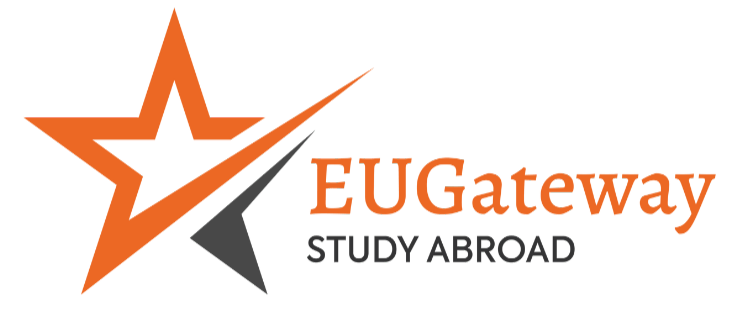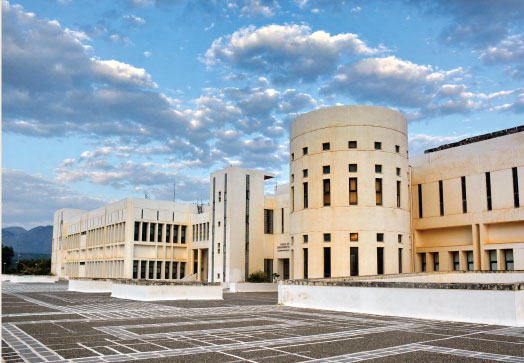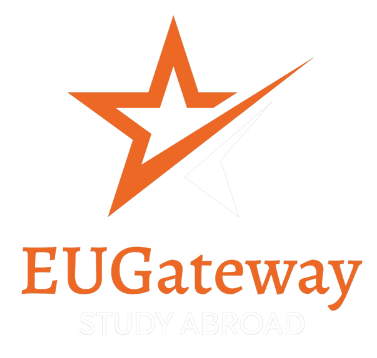The University of Crete, a new public university founded in 1973, is dedicated to excellence in research and instruction. The University’s main campus, the Gallos Campus in Rethymnon, is home to the schools of philosophy, education, and social, economic, and political sciences. The School of Sciences & Technology and the School of Medicine are located on the Voutes Campus in Heraklion, along with a variety of other research-focused infrastructures and facilities, including the University General Hospital. In 1977–1978, the university admitted its first students. More than 18,000 undergraduates and 3000 graduate students are enrolled here at the moment. Around 450 members of the academic faculty, supported by 300 members of the technical and administrative staff, adjunct lecturers, post-doctoral researchers, laboratory personnel, and instructors, teach these students. The University’s commitment to internationalisation is demonstrated by its history of partnerships with numerous top research and educational institutions in Europe and around the world, as well as by its active promotion of mobility and exchange programmes. The de facto regional cluster of research institutes, which includes the University General Hospital (PagNi), the Institute of Marine Biology, Biotechnology & Aquaculture (IMBBC), and the Foundation for Research and Technology-Hellas (FORTH), supports research and research training at all levels. The University of Crete is the first Greek university to sign the EU Charter and the Code for the Recruitment of Researchers and is a member of the Euraxess European network for the Mobility of Researchers, both of which reflect its research activity and related efforts. The University actively participates in methods for ensuring quality in both its academic and administrative structures, and it has made the strategic decision to make a continual effort to uphold quality in all of its structures.
- Call us on +91 85859 54773
- email us at counsellors@eugateway.in


